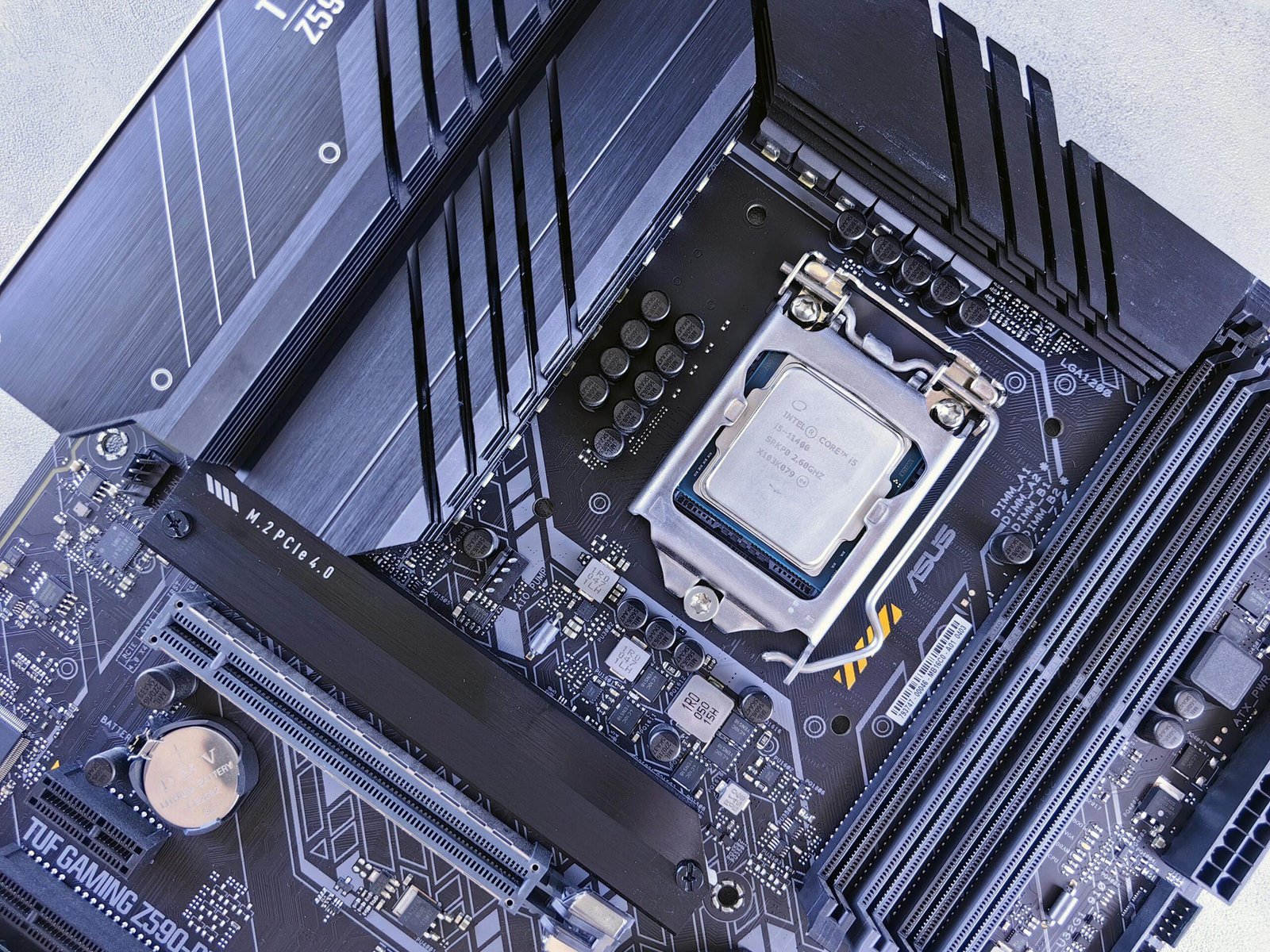📋 Table of Contents
-
Introduction to Quantum Computing
-
Traditional Cybersecurity: A Quick Overview
-
Why Quantum Computing Threatens Current Cybersecurity
-
Post-Quantum Cryptography: The Global Race
-
Benefits of Quantum Computing for Cybersecurity
-
Real-World Use Cases and Research
-
Challenges and Concerns
-
Preparing for the Quantum Future
-
Final Thoughts
1. Introduction to Quantum Computing
Quantum computing harnesses the bizarre behavior of quantum mechanics — superposition, entanglement, and tunneling — to perform calculations exponentially faster than classical computers.
Key concepts:
-
Qubits: Unlike binary bits (0 or 1), qubits can be 0, 1, or both at the same time.
-
Superposition: Enables quantum computers to perform multiple calculations simultaneously.
-
Entanglement: Qubits become interconnected, allowing instant transmission of information.
With such immense processing power, tasks that would take centuries for traditional computers could be completed in minutes by quantum computers.
2. Traditional Cybersecurity: A Quick Overview
Today’s cybersecurity heavily relies on:
-
Public Key Infrastructure (PKI): Based on mathematical problems (like factoring large prime numbers) that are hard for classical computers.
-
RSA and ECC Encryption: Protects communication, transactions, emails, etc.
-
Hashing Algorithms: Ensures integrity and authenticity of data.
These methods assume that breaking the encryption would take thousands of years — with today’s technology.
3. Why Quantum Computing Threatens Current Cybersecurity
Quantum computers could break existing encryption standards shockingly fast:
-
RSA encryption could be broken by quantum algorithms like Shor’s Algorithm.
-
Elliptic Curve Cryptography (ECC), often used in mobile devices, would also collapse.
-
Blockchain networks, including Bitcoin and Ethereum, could be at risk if digital signatures are compromised.
🔴 In short: What’s secure today may become completely vulnerable tomorrow.
4. Post-Quantum Cryptography: The Global Race
Recognizing the threat, researchers and organizations like NIST (National Institute of Standards and Technology) are racing to develop post-quantum cryptography — encryption methods safe even against quantum attacks.
Promising approaches include:
-
Lattice-based Cryptography: Hard problems even for quantum computers.
-
Hash-based Cryptography: Strengthens data integrity.
-
Code-based Cryptography: Uses error-correcting codes to protect data.
-
Multivariate Quadratic Equations: Complex algebra problems resistant to quantum attacks.
In 2022, NIST announced the first set of finalists for quantum-resistant algorithms, but full-scale deployment across industries will take years.

5. Benefits of Quantum Computing for Cybersecurity
Quantum computing isn’t just a threat; it also offers unprecedented cybersecurity advantages:
| Benefit | Description |
|---|---|
| Quantum Key Distribution (QKD) | Provides theoretically unbreakable encryption based on quantum physics. |
| Ultra-Fast Intrusion Detection | Analyze vast datasets to detect cyberattacks in real-time. |
| Improved Random Number Generation | Critical for creating truly secure encryption keys. |
🔵 Quantum Key Distribution (QKD) already powers experimental networks in China and Europe, demonstrating the potential for unhackable communication.
6. Real-World Use Cases and Research
Leading projects and experiments:
-
China’s Quantum Satellite (Micius): Demonstrated secure quantum communication between cities.
-
IBM Q Network: Researching quantum cybersecurity solutions for enterprises.
-
European Quantum Communication Infrastructure: A massive project to deploy secure quantum networks.
Big tech companies like IBM, Google, and Microsoft are investing billions into quantum-safe solutions.
7. Challenges and Concerns
Despite the promise, several issues remain:
⚠️ 1. Timeline Uncertainty
-
Scalable, fault-tolerant quantum computers are still years away from full realization.
-
But “crypto-agility” (preparing systems today) is critical because data stolen now could be decrypted later.
⚠️ 2. Cost and Complexity
-
Quantum technologies and post-quantum cryptography require expensive, highly specialized hardware and talent.
⚠️ 3. Lack of Standards
-
No universally accepted post-quantum standards yet, creating uncertainty.
⚠️ 4. Potential for Quantum Cyber Warfare
-
Countries and corporations are racing to achieve quantum supremacy, raising fears of a new kind of cyber arms race.
8. Preparing for the Quantum Future
Organizations should start quantum-proofing their cybersecurity strategies:
-
Inventory Cryptographic Assets: Know where vulnerable encryption is used.
-
Adopt Crypto-Agility: Build systems that can switch to quantum-resistant algorithms when needed.
-
Monitor NIST and Global Standards: Stay updated on post-quantum encryption protocols.
-
Experiment with QKD: Especially for sectors like finance, healthcare, defense, and communication.
-
Educate Cybersecurity Teams: Upskill teams on quantum risks and mitigation strategies.
Those who prepare today will be far ahead when the quantum revolution arrives.
🏁 Final Thoughts
Quantum computing is a game-changer for cybersecurity — offering both unprecedented opportunities and immense threats.
If cybersecurity strategies remain stagnant, many of today’s trusted digital protections could be shattered in an instant. But with preparation, innovation, and vigilance, organizations can turn this challenge into a once-in-a-lifetime opportunity to build an even more secure digital future.
🔵 The race has already begun. The question is: Will you be ready?

Our Web Stories
